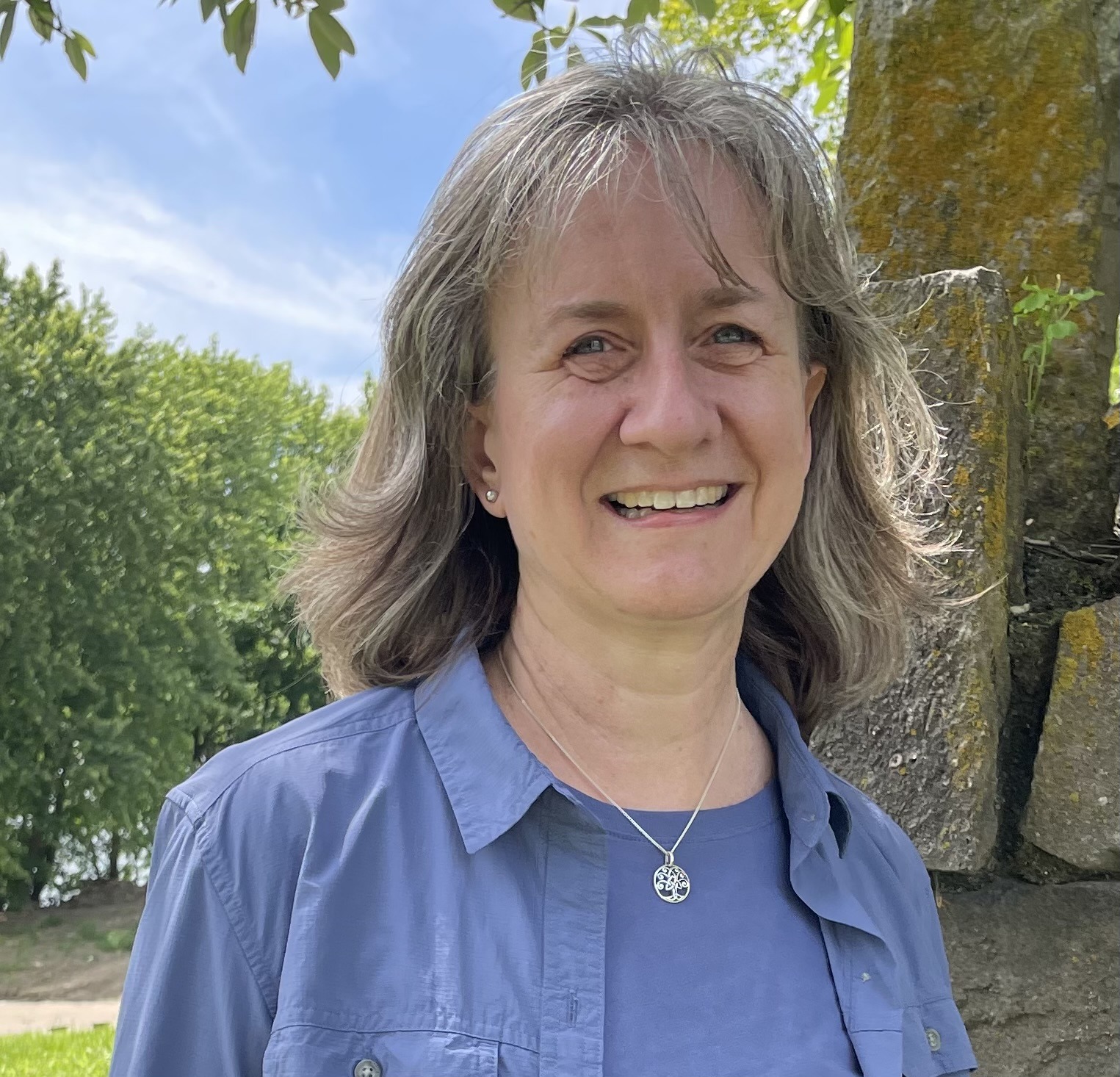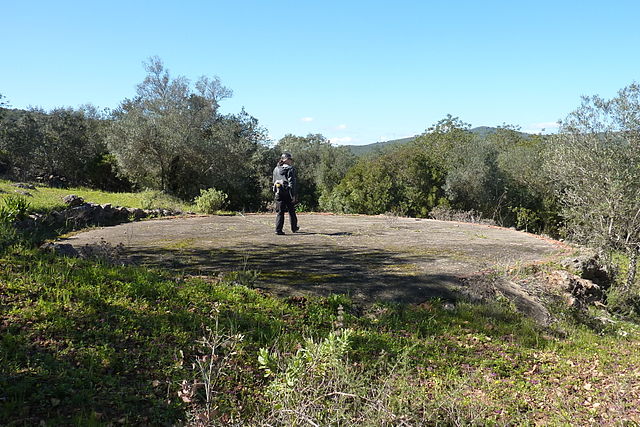He said, “Who are you?” And she answered, “I am Ruth, your servant. Spread your wings over your servant, for you are a redeemer.” And he said, “May you be blessed by the Lord, my daughter. You have made this last kindness greater than the first in that you have not gone after young men, whether poor or rich.” – Ruth 3:9-10 (ESV)
Reflection
In Ruth’s journey in this new land, she moves from a place of blessing to a place of risk. She has seen God’s blessing in the fields as her mother-in-law’s relative, Boaz, provides her protection and an abundance of grain. It would have been easy to rest in this provision and create a comfortable home with Naomi. But she is called to do more, relying on these gifts to step out further into God’s plan. Neither she, nor Naomi, are complacent with the mercy they receive. In order to carry on the family blood line, a marriage needs to take place with a kinsman redeemer – and that is Boaz. So, Ruth, with Naomi’s urging, goes to the threshing floor at the end of the day to ask for this redemption. A place where a decent woman would never dare to go.
Readers are often so focused on the possible sexual scandal of this story – that Ruth may have done more than lie next to Boaz during this night – that we miss the larger scandal of the sacrifices they are making. As he steps forward to redeem Ruth through marriage he could be placing his own financial security and that of other family members at risk. She risks condemnation from within this community if anyone learns where she has been, especially if he had refused her and the word got out. In this foreign land she would have no where to go or any protection. However, because they take these risks, they continue to show forth God’s mercy – as Ruth cares for Naomi by marrying someone who will carry on the family line and Boaz redeems Ruth in honor.
On our journeys in academia how often do we become complacent and comfortable? We receive praise from an advisor and bask in these words instead of moving on in our work. Everything is going well, so why stir up any trouble? Or, we don’t receive the praise we believe we deserve and just lay low not venturing anything new. Sometimes we become so focused on what we need to do to complete a task that we lose sight of anything except that next small step. We circumscribe our world so we can finish this work and stay within our comfortable boundaries.
However, sometimes we need to step out and ask for the next thing. We submit a paper to a journal seemingly out of our reach instead of only publishing in our department’s publication. We write outside of our field and usual genre to explore new avenues of research. Or maybe our call is more relational, to invite a colleague or student into a space of hospitality. These are risky places. People may wonder why we are doing this. Is it to ruin another’s job prospects? To get in well with the department chair? It may also take us off of our planned course and eat up precious time.
However, within God’s economy, these aren’t risks just for their own sake, they are pursued out of the overflow of God’s mercy. So whether your threshing floor is the department chair’s office or the gallery where you are showing your latest art work, it may be time to step out and see how God’s lovingkindness will surround you even there.
Questions
- Does being faithful to God in your roles require risks at times – moments on the threshing floor?
- What can you do to move forward in God’s risks with confidence?
Prayer
Lord, Many times you call us to leave the comfort of blessings you have already provided. Please give us wisdom to hear your call to risk living a life of mercy. Amen.
Image: Ribeira de Algibre – threshing floor; courtesy of muffinn at https://commons.wikimedia.org/wiki/File:Ribeira_de_Algibre_-_threshing_floor_(13409139804).jpg08
![]() Note: Part of a Scholar’s Compass series on Ruth. Help ESN Create a Devotional for Scholars.
Note: Part of a Scholar’s Compass series on Ruth. Help ESN Create a Devotional for Scholars.

Jamie serves with InterVarsity Graduate and Faculty Ministries as an Associate Director of Faculty Ministry and as interim Director of the Emerging Scholars Network. Among other things, in this work she enjoys the opportunity to put into practice her doctoral research in literary pilgrimage and training in spiritual direction. She also ministers with the local faculty community at the University of Cincinnati.


Easy to read and consider!